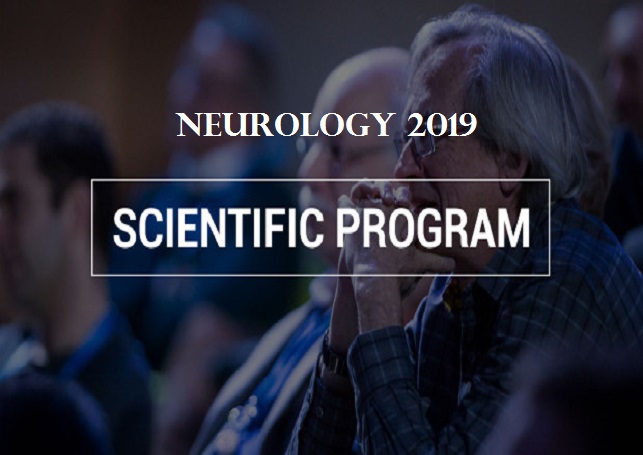
Victor Kholin
D. F. Chebotarev Institute of Gerontology, National Academy of Medical Sciences of Ukraine, Ukraine
Title: Intermittent hypoxic training, as non-pharmacologic approaches for mild cognitive impairment treatment
Biography
Biography: Victor Kholin
Abstract
Mild cognitive impairment (MCI) is early clinical stage of Alzheimer’s disease (AD). Due to now most of pharmacologic treatment of MCI and AD has predominant symptomatic approaches. Nevertheless, recent researches try to find possible non-pharmacologic approaches for treatment mild cognitive impairment and AD. It is well known that intermittent hypoxic training has shown some good clinical results as treatment strategy in several cardiovascular diseases and metabolic disorders, such as type II diabetes and pre-diabetic states. The aim of our pilot project was to estimate intervention of intermittent hypoxic trainings on subjects with mild cognitive impairment. All subjects were established of MCI diagnosis by Peterson’s criteria. The group was randomized to two subgroups for real and sham intermittent hypoxic training. The subjects have undergone a 15-hypoxic training session. The each of training session consists of intermittent hypoxic (14% O2) and hyperoxia (36% O2) periods with total time of 32 min per session. The control group has the same, but sham training session with inhalation of air with usual O2 concentration. During the trial, there were controlled several cognitive markers: MOCA-tests score, cognitive evoked potential (P300) and biomarkers; Amyloid 1-42 beta expression in platelets, APP, neutrophils extracellular traps (NETs), neutrophils microRNA (miR29-a). After 15 session of intermittent hypoxic training in main group was observed significant improvement in MOCA-test total score, the latency (P3) of cognitive evoked potentials and APP up/down index compare to sham training group. Positive trends were found in increasing of miR-29a and decreasing of native NETS markers. The results of current pilot study confirm that intermittent hypoxic training may serve as potential clinical nonpharmacological therapeutic intervention in subjects with mild cognitive impairment.

